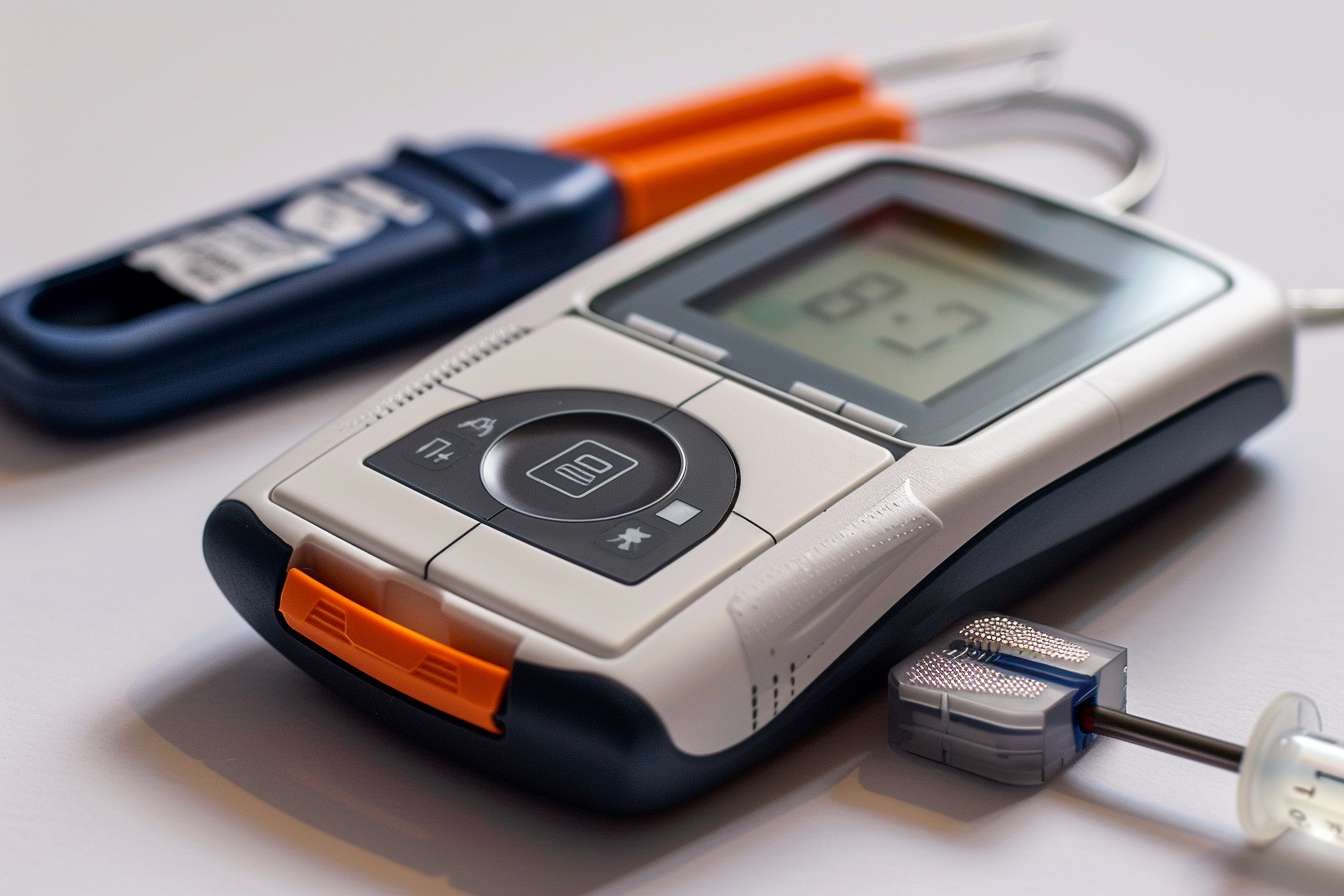Complete Guide to Choosing Your Perfect Glucose Smartwatch
Managing diabetes has become more convenient and precise with the advent of glucose monitoring smartwatches. These innovative devices combine traditional fitness tracking capabilities with advanced blood sugar monitoring technology, offering users real-time insights into their glucose levels without the need for frequent finger pricks. As the market continues to expand with various options, understanding how to select the right glucose smartwatch for your specific needs becomes crucial for effective diabetes management and overall health monitoring.

A Guide to Selecting the Right Glucose Smartwatch for Your Needs
When choosing a glucose monitoring smartwatch, several key factors should guide your decision-making process. First, consider the monitoring technology employed by the device. Most glucose smartwatches use continuous glucose monitoring (CGM) sensors that measure glucose levels in interstitial fluid rather than blood directly. Look for devices that offer FDA approval or CE marking for medical accuracy. The frequency of readings is another crucial aspect, with the best devices providing measurements every few minutes rather than hourly intervals.
Battery life plays a significant role in daily usability, as frequent charging can disrupt continuous monitoring. Seek devices offering at least 7-14 days of battery life with active glucose monitoring. Additionally, consider the smartwatch’s compatibility with your smartphone operating system and existing health apps, ensuring seamless data synchronization and comprehensive health tracking integration.
Glucose Monitoring Smartwatches: How to Select the Best Option for You
Personal lifestyle and health requirements should heavily influence your smartwatch selection. Athletes and active individuals need devices with robust water resistance ratings and durable construction that can withstand intense physical activities. For seniors or those with visual impairments, larger displays with customizable alert systems become essential features.
Consider your current diabetes management routine and how a smartwatch can enhance it. Some devices offer predictive alerts for potential hypoglycemic or hyperglycemic episodes, while others focus on trend analysis and pattern recognition. Evaluate whether you need integration with insulin pumps or other medical devices, as some advanced smartwatches can communicate directly with diabetes management systems for automated insulin delivery adjustments.
The learning curve associated with different devices varies significantly. Some glucose smartwatches offer simplified interfaces perfect for beginners, while others provide comprehensive data analytics suitable for users who prefer detailed health insights and customization options.
Your Complete Guide to Picking the Ideal Glucose Smartwatch
Understanding the technical specifications and real-world performance of glucose smartwatches helps ensure you make an informed investment. Accuracy remains the most critical factor, with medical-grade devices typically showing mean absolute relative difference (MARD) values below 10% when compared to traditional blood glucose meters. However, it’s important to note that smartwatch glucose monitoring technology is still evolving, and current consumer devices may not yet match the precision of dedicated medical CGM systems.
| Device Category | Example Features | Typical Price Range | Key Considerations |
|---|---|---|---|
| Basic Glucose Smartwatches | Continuous monitoring, smartphone alerts | $200-$400 | Entry-level accuracy, limited medical integration |
| Advanced Health Smartwatches | Multi-parameter monitoring, predictive analytics | $400-$800 | Enhanced accuracy, comprehensive health tracking |
| Medical-Grade Devices | Clinical accuracy, healthcare provider integration | $800-$1,500+ | Professional monitoring, insurance coverage possible |
Prices, rates, or cost estimates mentioned in this article are based on the latest available information but may change over time. Independent research is advised before making financial decisions.
Data privacy and security considerations become increasingly important as these devices collect sensitive health information. Ensure your chosen smartwatch complies with healthcare data protection regulations and offers robust encryption for data transmission and storage. Review the manufacturer’s data sharing policies and understand what information may be shared with third parties or healthcare providers.
Consider the ongoing costs associated with glucose smartwatch ownership, including sensor replacements, subscription fees for premium features, and potential healthcare provider integration costs. Some devices require monthly sensor changes, while others offer longer-lasting components that may prove more economical over time.
Making Your Final Decision
Before purchasing a glucose smartwatch, consult with your healthcare provider to ensure the device aligns with your diabetes management plan. Many endocrinologists and diabetes educators can provide valuable insights into which features will be most beneficial for your specific condition and lifestyle. Consider starting with a trial period if available, allowing you to test the device’s accuracy and usability in your daily routine.
The rapidly evolving nature of glucose monitoring technology means that newer models frequently offer improved accuracy and additional features. However, established devices with proven track records may provide more reliable performance and better customer support. Balance the appeal of cutting-edge features with the reliability and medical validation of more established options.
Selecting the right glucose smartwatch requires careful consideration of accuracy, lifestyle compatibility, and long-term value. By evaluating your specific needs, consulting healthcare professionals, and understanding the available technology options, you can choose a device that enhances your diabetes management and overall health monitoring effectiveness.
This article is for informational purposes only and should not be considered medical advice. Please consult a qualified healthcare professional for personalized guidance and treatment.




